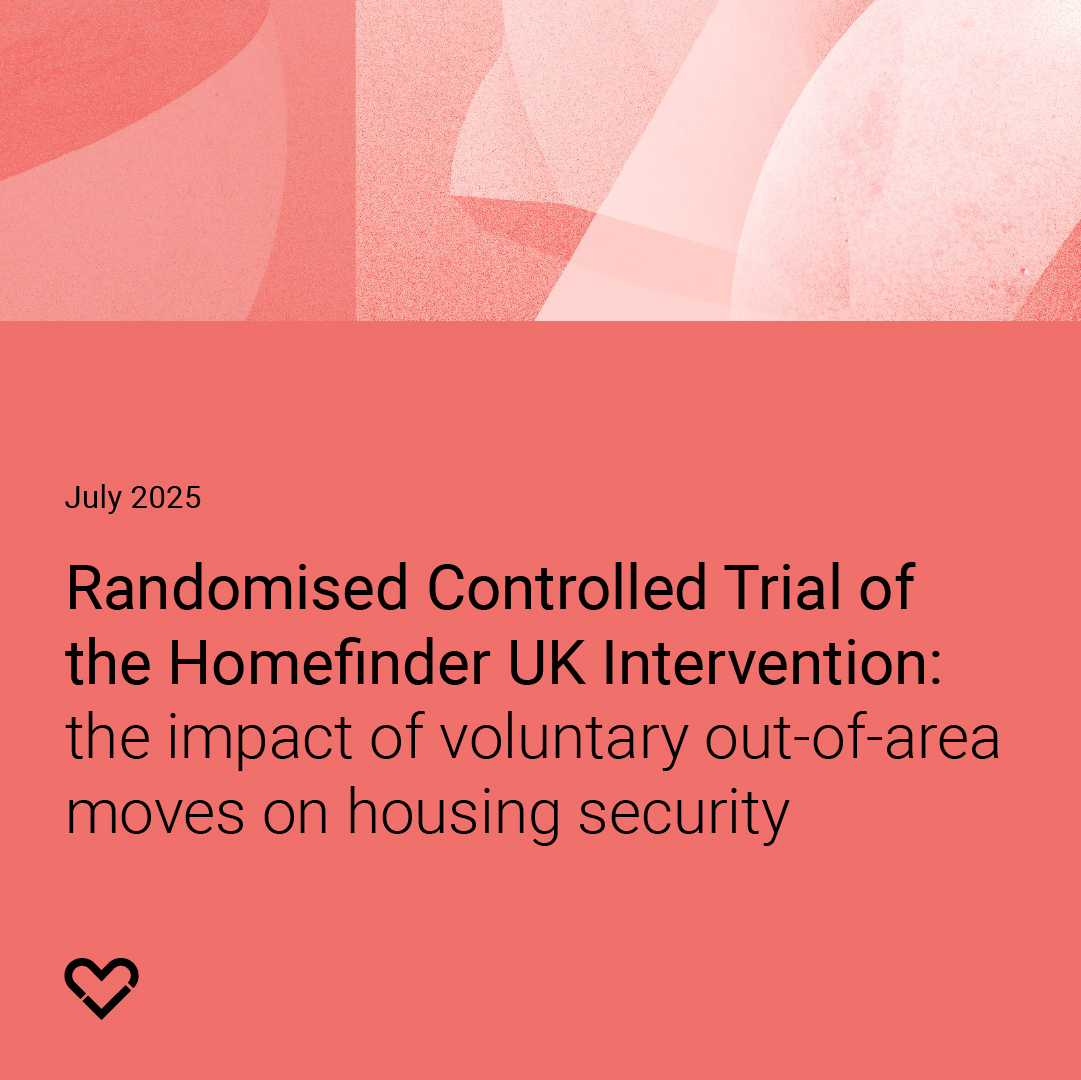The Experiences of Adults Experiencing Homelessness When Accessing and Using Psychosocial Interventions: A systematic review and Qualitative Evidence Synthesis
This systematic review gathers evidence on the experiences of adults experiencing homelessness when accessing psychosocial interventions. Psychosocial interventions are activities or strategies that help people achieve a range of goals by supporting their thoughts, feelings, behaviours, and social relationships. These are structured or planned, with an explicit intended goal or objective and exclude pharmacological interventions.
This review was based on CHI’s Implementation Evidence and Gap Maps, supplemented by an additional search. For this review, 468 papers were screened. This review included 7 papers. Three studies were conducted in Canada, three in the United States, and one in Scotland.
We also conducted a systematic review on the effectiveness of Psychosocial Interventions on substance use, mental ill health, and housing instability. That review is available here.
Findings In Brief
Three analytical themes were developed from the 14 descriptive themes through an iterative and reflective process. These highlighted that:
(1) The individual plays a pivotal role in their recovery and change journey;
Participants’ personal goals, hope, and motivation are key to their progress; and recognising that recovery doesn’t follow a straight path and is shaped by individual experiences, thoughts, and emotions.
(2) Accessibility is a key component of intervention success;
Physical and emotional access— including aspects like location, transport, welcoming environments, and non-judgemental staff—affect how and whether people engage with services.
(3) Relationships are an important intervention ingredient.
Supportive, trusting relationships—especially with staff who have lived experience of homelessness—help build confidence, challenge negative thinking, and foster change.
Recommendations in Brief
Services must treat individuals as active agents in their own change. Interventions should be tailored, flexible, and involve participants in decision-making and planning. These should also prioritise building strong relational dynamics with peer support, empathy, and open communication being important contributors.
Despite the hope, motivation, and goals of individuals using these interventions being identified as important ingredients, most quantitative research rarely considers these. More research is needed to understand whether these are important success factors.
The majority of the evidence was from North America, so it would be valuable to further test the implementation of these interventions outside North America.
We found little overlap between our two reviews: experience-focused and effectiveness-focused studies, limiting the potential for synthesis across both. Evaluations would benefit from considering both effectiveness and implementation dimensions.





.jpg)

